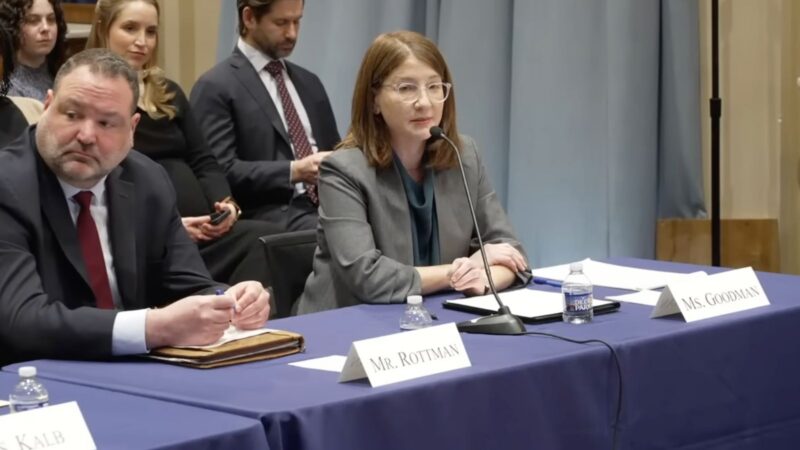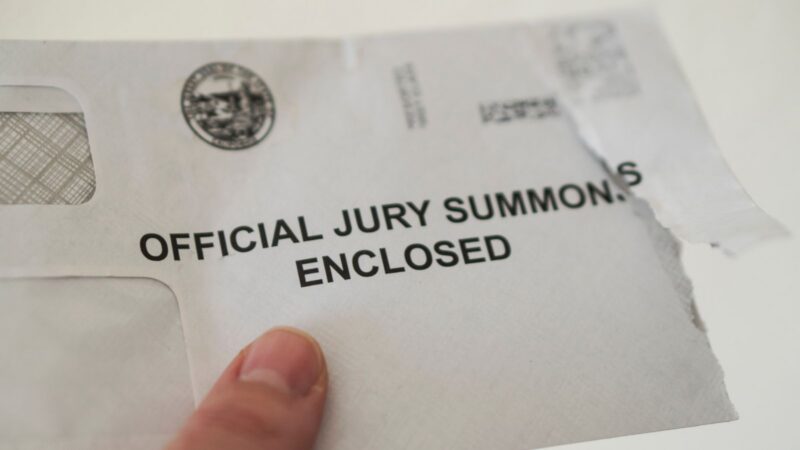Coalition Letter in Support of ARTICLE ONE Act in FY2021 NDAA
- July 1, 2020
The Honorable James Inhofe
205 Russell Senate Office Building
Washington D.C. 20510
The Honorable Jack Reed
728 Hart Senate Office Building
Washington D.C. 20510
Dear Chairman Inhofe and Ranking Member Reed: As a diverse group of organizations working to safeguard and strengthen our democratic institutions we urge you to include SA 2001 from Senator Mike Lee, the Assuring that Robust, Thorough and Informed Congressional Leadership is Exercised Over National Emergencies Act (“ARTICLE ONE Act”), in the Fiscal Year (FY) 2021 National Defense Authorization Act (NDAA). We appreciate that your Committee works to ensure each year’s NDAA is a bipartisan exercise, and we believe that this amendment merits inclusion in the FY 2021 NDAA. A bipartisan group of 15 senators has already written to Majority Leader Mitch McConnell and Minority Leader Chuck Schumer to request that this legislation be considered as soon as possible. The legislation was passed out of the Homeland Security and Government Affairs Committee on a bipartisan 11-2 vote.
The ARTICLE ONE Act contains vital, commonsense reforms to the National Emergencies Act of 1976. These reforms are critical to preventing abuses of emergency powers that could be disastrous for our democracy, irrespective of who occupies the White House. In addition to being harmful to our constitutional order, such abuses of emergency power can undermine basic liberties, particularly those of minorities and other vulnerable communities. They also can disrupt the American economy through distortions in the markets and disruptions in the free flow of commerce.
For roughly the past hundred years, Congress has allowed presidents to access extraordinary powers by virtue of declaring a national emergency—including the ability to shut down communications facilities, seize private property, organize and control the means of manufacturing and production, assign military forces abroad, and restrict travel. Until the 1970s, presidents could invoke such emergency powers with essentially no Congressional oversight.
In 1976, alarmed by the overuse of emergency powers and the increasing length of national emergencies, Congress enacted the National Emergencies Act to bolster its oversight of emergencies and to more closely coordinate with the executive in emergency situations. But the law has not worked as Congress intended. Under the original Act, Congress could terminate states of emergency at any time using a “legislative veto” (a concurrent resolution that did not require the president’s signature to become law). However, in 1983, the Supreme Court ruled that this kind of legislative veto is unconstitutional. Today, to terminate an emergency, Congress must instead pass a joint resolution that becomes law only if the president signs it, or if Congress can muster a supermajority to override a presidential veto.
The Act also originally required presidents to renew emergencies yearly, reflecting Congress’s belief that emergencies should not linger any longer than necessary. But serial renewals have become the rule rather than the exception. Today, 34 emergencies are in effect; some have been in place for decades.
The ARTICLE ONE Act would establish a necessary, meaningful check on the president’s use of emergency powers, while maintaining his authority to act quickly when necessary. This bill, which was amended and reported out of the Senate Committee on Homeland Security and Governmental Affairs on a strongly bipartisan voice vote, creates a 30-day window for Congressional approval of any declared national emergency. If Congress does not affirmatively vote to approve an emergency within 30 days of the declaration, it would automatically terminate. If approved, the emergency could last up to a year, after which the president could seek Congressional approval to renew annually. The bill would also significantly enhance reporting requirements in order to keep Congress better informed about how the president uses emergency powers.
To ensure that these reforms will not unduly disrupt existing emergency measures, the bill allows emergencies that are currently in effect to remain in effect until the end of their current one-year term before requiring Congressional approval. Furthermore, the bill exempts emergency declarations that rely solely on the International Emergency Economic Powers Act (IEEPA), the source of authority for multiple foreign economic sanctions regimes. At the same time, the bill clarifies that a president cannot use IEEPA authorities to enact tariffs, thus protecting Congress’s powers of taxation and revenue.
With the ARTICLE ONE Act, the Senate has the opportunity to advance the most significant recalibration of the balance of power between the president and Congress in four decades, and to do so in a bipartisan manner. We thank you for your consideration of our request, and we stand ready to work with you to ensure the ARTICLE ONE Act reaches the President’s desk.
Sincerely,
American Civil Liberties Union
Bipartisan Policy Center
Brennan Center for Justice
Business Forward
FixUS
FreedomWorks
National Taxpayers Union
Niskanen Center
Project On Government Oversight
Protect Democracy
Public Citizen
R Street Institute
Stand Up Republic
Win Without War
CC: The Honorable Michael Lee
Related Content
Join Us.
Building a stronger, more resilient democracy is possible, but we can’t do it alone. Become part of the fight today.
Donate
Sign Up for Updates Sign Up for Updates
Explore Careers Explore Careers
How to Protect Democracy How to Protect Democracy

